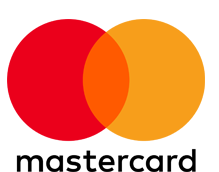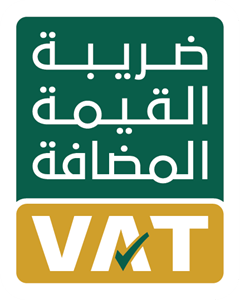Tools and Techniques for Effective Project Management
.

In today's fast-paced business environment, effective project management is crucial for achieving organizational goals. Whether you are managing a small team or leading a large-scale initiative, utilizing the right tools and techniques can significantly enhance your efficiency and outcomes. This blog will explore some of the most effective project management tools and techniques, providing insights into how they can help you streamline processes, improve communication, and ensure project success.
Essential Project Management Tools
1. Project Management Software
Project management software is vital for organizing tasks, tracking progress, and facilitating collaboration among team members. Some popular options include:
Trello: A user-friendly tool that uses boards and cards to help teams manage projects visually. Trello is ideal for smaller projects and teams, allowing for easy task assignment and progress tracking.
Asana: This platform provides a comprehensive suite of project management features, including task assignments, timelines, and progress tracking. Asana is suitable for teams of all sizes and allows for integration with other tools.
Microsoft Project: A more advanced tool that offers robust features for complex project management, including Gantt charts, resource management, and scheduling capabilities. It is best suited for experienced project managers working on larger projects.
2. Collaboration Tools
Effective collaboration is essential for project success, especially in remote or hybrid work environments. Consider using:
Slack: A messaging platform that facilitates real-time communication among team members. Slack enables the creation of channels for different projects or topics, making it easy to keep conversations organized.
Microsoft Teams: This tool combines chat, video meetings, and file sharing in one platform. It is particularly useful for teams already using Microsoft Office products, as it integrates seamlessly with other Microsoft applications.
Google Workspace: A suite of tools that includes Google Docs, Sheets, and Drive, allowing for real-time collaboration on documents and files. Google Workspace is especially beneficial for teams that need to work on shared documents simultaneously.
3. Time Management Tools
Time management is crucial for project success, and several tools can help you stay on track:
Toggl: A time-tracking tool that allows users to monitor how much time they spend on various tasks. Toggl provides insights into productivity and helps teams identify areas for improvement.
RescueTime: This app tracks your online activities and provides detailed reports on how you spend your time. RescueTime helps you identify distractions and optimize your schedule for better productivity.
Effective Project Management Techniques
1. Agile Methodology
Agile is a flexible project management approach that emphasizes iterative progress and adaptability. It is particularly popular in software development but can be applied to various fields. Key principles include:
Sprints: Short, time-bound work periods during which specific tasks are completed. This allows teams to deliver incremental progress and adjust priorities based on feedback.
Daily Stand-ups: Brief daily meetings where team members share what they accomplished, what they plan to work on, and any obstacles they face. This fosters communication and accountability.
2. Waterfall Methodology
The Waterfall methodology is a linear project management approach where each phase must be completed before moving to the next. It is best suited for projects with well-defined requirements and timelines. Key steps include:
Requirements Gathering: Clearly defining project objectives and deliverables before starting any work.
Design, Implementation, and Testing: Following a sequential process to ensure thoroughness and quality at each stage.
3. Lean Project Management
Lean project management focuses on maximizing value while minimizing waste. It encourages teams to identify and eliminate non-value-added activities. Key techniques include:
Value Stream Mapping: Analyzing the flow of information and materials to identify areas for improvement.
Continuous Improvement (Kaizen): Implementing small, incremental changes to enhance processes and outcomes.
Conclusion
Effective project management requires the right tools and techniques to streamline processes, enhance collaboration, and achieve desired outcomes. By leveraging project management software, collaboration tools, and time management applications, you can improve your efficiency and productivity. Additionally, adopting methodologies like Agile, Waterfall, and Lean can help you tailor your approach to the specific needs of your project. Embracing these tools and techniques will empower you to navigate the complexities of project management and drive successful results.





